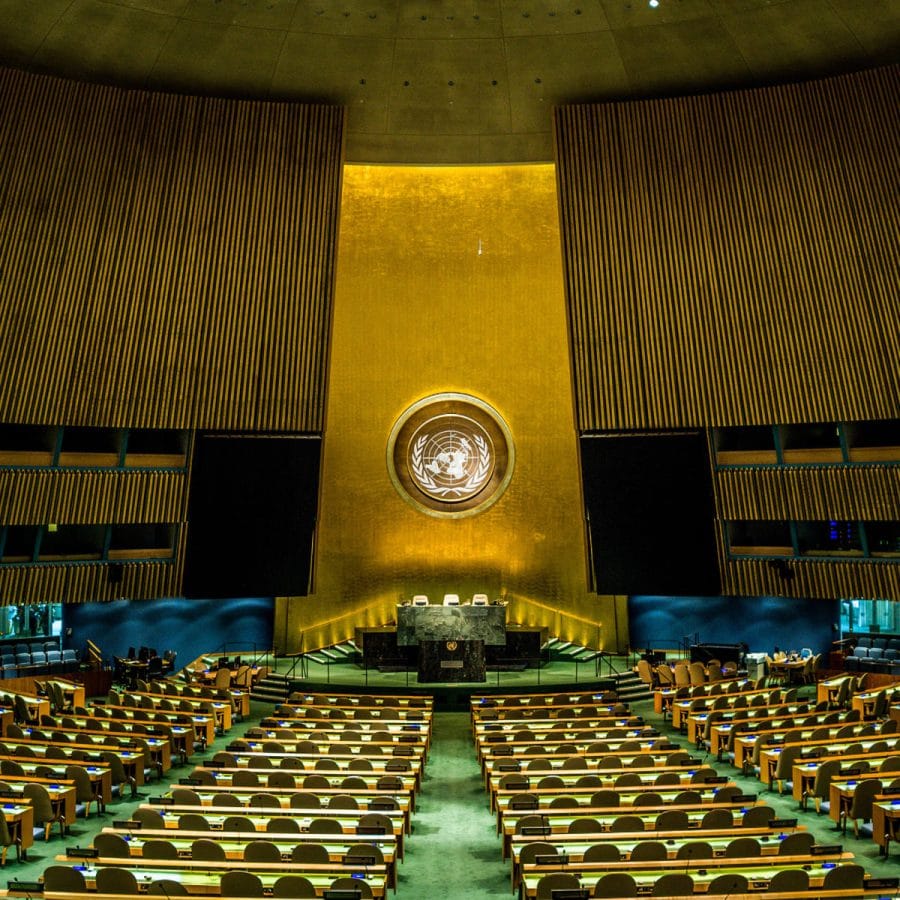Pakistan has backed UN Secretary General António Guterres’ proposal that middle-income nations have their loans frozen to deal with the coronavirus’s social and economic effects.
“It is important that we recognize the multiple dimensions of the vulnerabilities of middle-income countries in the criteria for accessing concessional resources and finance,” said Ambassador Munir Akram, who also heads the UN Economic and Social Council (ECOSOC).
Among the main issues facing middle-income countries, according to the ambassador, are “crippling debt, global economic inequalities and the effects of climate change and natural disasters”
While explaining his plan to “suspend mid-income nations’ debts into 2022,” the UN chief noted that many of them were already in debt before to the epidemic. Mr Guterres said, “While the global response to the debt crisis is rightly attempting to support low-income countries, middle-income countries must not be left behind”, Mr Guterres said.
This point was made by the UN Secretary-General, Ambassador Akram, and other world leaders during a high-level meeting at the UN General Assembly on Thursday afternoon, which looked at various proposals for assisting middle-income countries, which make up more than half of the UN’s 193 member states.
Seventy percent of the world’s impoverished live in middle-income nations. India, Pakistan, and Bangladesh, the three largest countries in South Asia, are also included in this group. The three nations are also among the world’s most densely inhabited, with a combined population of 1.79 billion people.
“The pandemic has uncovered the multiple vulnerabilities and inequalities that pre-existed in this diverse group of countries,” Ambassador Akram said. “Many of them have been hard hit by the pandemic.”
According to a UN study, the middle-income category includes both India, which has a population of over one billion people, and Palau, which has a population of fewer than 20,000 people.
Aside from population size, these nations differ in economic activity, geography, and per capita income, which varies from $1,000 to $12,000 per year, implying that they often surpass per capita income criteria for debt relief, according to the study.
In the second quarter of 2020, worldwide working-hour losses are expected to be 14%. The lower-middle-income nations will lose 16.1% of their GDP. In 2020, remittances to low- and middle-income nations are projected to fall by $109 billion, or 19.7%, compared to 2019.
According to the World Bank, 270 million people in low- and middle-income countries would suffer severe food insecurity by the year 2020.









